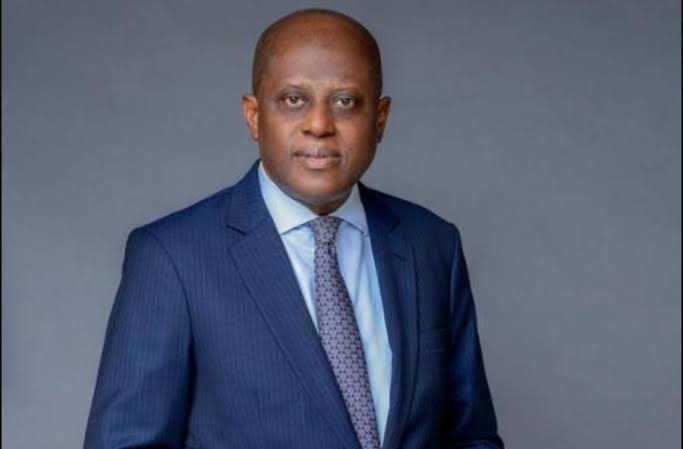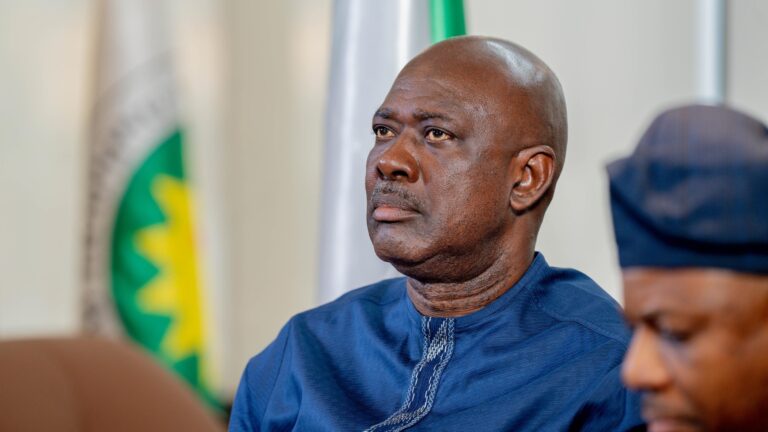On June 26, 2025, a bilateral meeting between the Central Bank of Nigeria and the Central Bank of Egypt took place. It slipped through the headlines with little attention. There was no major press conference or breaking news alert. It was the kind of diplomatic event that appears routine and fades into the background. However, that meeting may be far more significant than it first appeared.
Nigeria and Egypt are among the most influential economies in Africa. When their central banks meet, the stakes are never small. While the meeting seemed standard, its context tells a different story. For decades, African nations have remained tightly bound to external financial structures. Global trade, reserves, and even national debt have long been dollar-dependent. This dependence has created a fragile and reactive economic position for many African countries.
In recent years, leaders across the continent have started looking inward. There is growing awareness that true economic stability begins with regional strength. Currency swaps, intra-African trade deals, and digital financial systems are becoming hot topics. The African Continental Free Trade Area (AfCFTA) was one step toward that goal. However, without financial systems to support intra-continental commerce, trade remains limited.
This is where the June 26 meeting becomes important. It suggests a shift toward more deliberate financial coordination between African nations. The specific details of the meeting remain limited, but the implications are far-reaching. If Egypt and Nigeria align on monetary cooperation, others may follow. A shared financial vision among African giants can create momentum that smaller economies will support.
The symbolism of the handshake matters. It may signal the first move toward de-dollarizing trade between the two countries. If Egypt and Nigeria begin using local currencies or create alternative payment systems, it changes the landscape. It can reduce transaction costs, ease inflationary pressure from currency fluctuations, and give both countries more control over their economies.
More importantly, such a shift builds trust within Africa. Historically, African nations have traded more with Europe and Asia than with each other. This model has not served long-term development goals. Stronger financial ties between Egypt and Nigeria can help correct that imbalance. It also challenges the assumption that global economic leadership must come from outside Africa.
This quiet diplomatic engagement may be remembered as a foundational step toward a new African financial era. It offers a chance for nations to rethink how they trade, save, and invest. It could also set a model for other regions to follow. Regional stability often begins with financial cooperation.
There is still much to learn about what was agreed behind closed doors. However, the possibility of a unified African financial strategy is no longer just a dream. It may have already begun—without ceremony, without applause, but with intention.
That handshake may prove to be one of the most consequential in recent African economic history. And its full impact may only be understood in the years to come.






